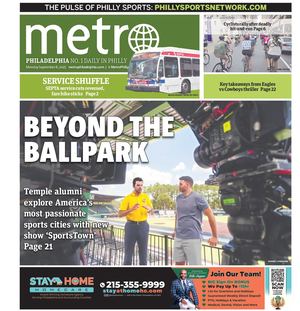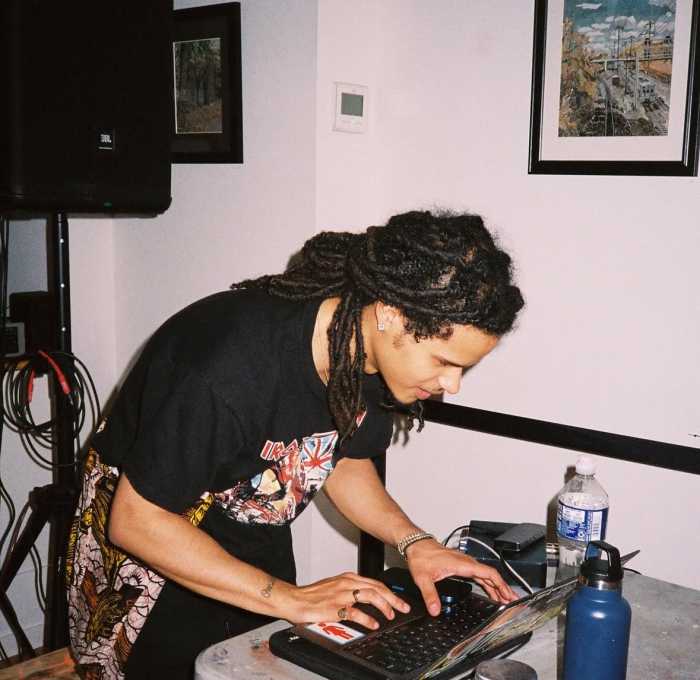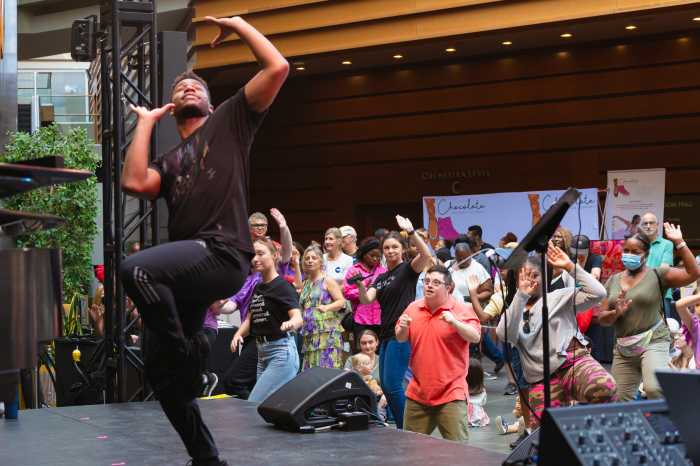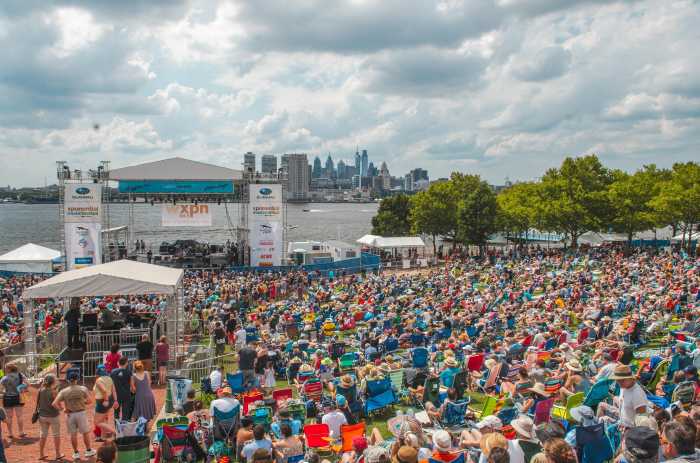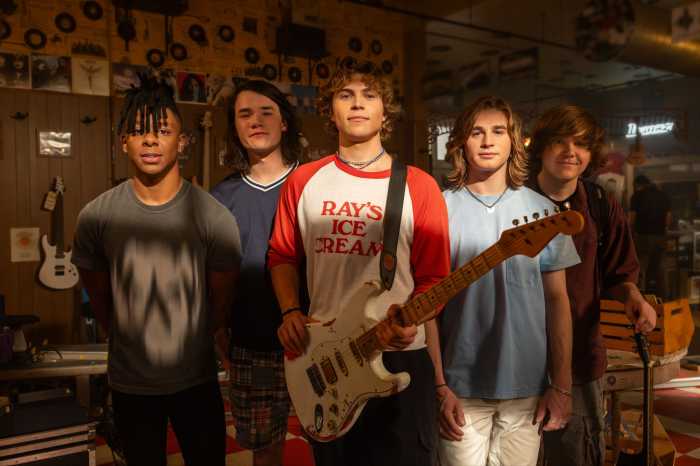Philadelphia producers in the underground rap and hip hop space deserve their flowers.
“I feel like producers are more important now than they’ve ever been,” said Amari Newman, Creator of Sleepwalker Entertainment, a freeform archival project that explores the underground hip-hop community. “People are listening to the sound and beat and how it makes them feel.”
Philadelphia has “produced” an impressive range of talent across genres, earning global recognition. Names like F1lthy, BNYX, Q3, and Maaly Raw are just a few examples, Newman says.
The grind behind the beats
For lesser-known producers, the path forward can be tough: thousands of beats are sent to artists, and only a few ever get picked. Even when a beat is purchased, it doesn’t guarantee repeat business or long-term recognition.
“It is unfortunately harder for local talent to get noticed, but people need to remember that making yourself noticeable is a skill in itself,” Philadelphia producer Qnorapname told Metro.
Quinton Johnson — known as Qnorapname — is a local producer who experimented in 2017, but didn’t start taking beats seriously until 2020. He says Philadelphia has a deep and talented pool of producers creating music across the city.
On his most recent project, he worked with local artists Q3, Lungs, Fatboi Sharif, Vic Spencer, Sekwence, and Teller Bank$. His sound as a producer, as he would describe it, would be instrumental sample-based experimentation — generally mid-tempo beats with a lot of random noises weaved into it.
“The only way to do (get recognized) is to get out there and go to more shows and meet like-minded people and work together,” Qnorapname said. “I don’t even want to say “network” because that can be very shallow. You can tell when someone is just trying to network, as opposed to trying to build actual relationships with people.
“The local rap scene needs to take a page or two out of the local punk scene’s book,” he continued. “Punk shows will be super lit on a random Wednesday night in a random basement because people show up to support the scene as a whole.”
Every 3rd Friday of the month, Qnorapname hosts a monthly beat making event, Flipabeatclub, at Cratediggaz Records (711 S. 4th Street) and collaborates with different producers.
“It’s kind of crazy, actually, when you hear a beat, people will be like ‘Yo, this artist flipped this beat so crazy,’ when it was the producer who did that,” Qnorapname said. “I hope the listening audiences can understand that the person making the music is just as important as the person saying the words.”
Craft, collaboration and Philly’s musical renaissance
He says that even with no recognition or backing, like any craft, it’s important to stay the course and stay focused on growing one’s sound.
“Philly is evolving melodically and rhythmically without a doubt,” Triniviv told Metro. “The second half of the 2020s is turning out to be a musical renaissance.”
“Getting people together for the sake of music is the very start,” Triniviv said. “More effort from producers towards planning shows, performances, concerts means more people recognizing their value as musicians through their own experiences.”
